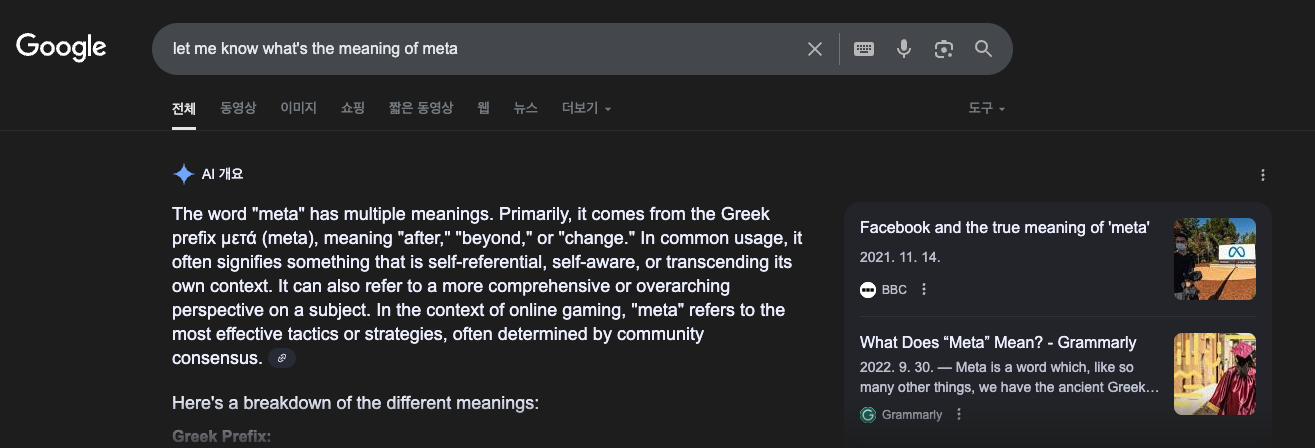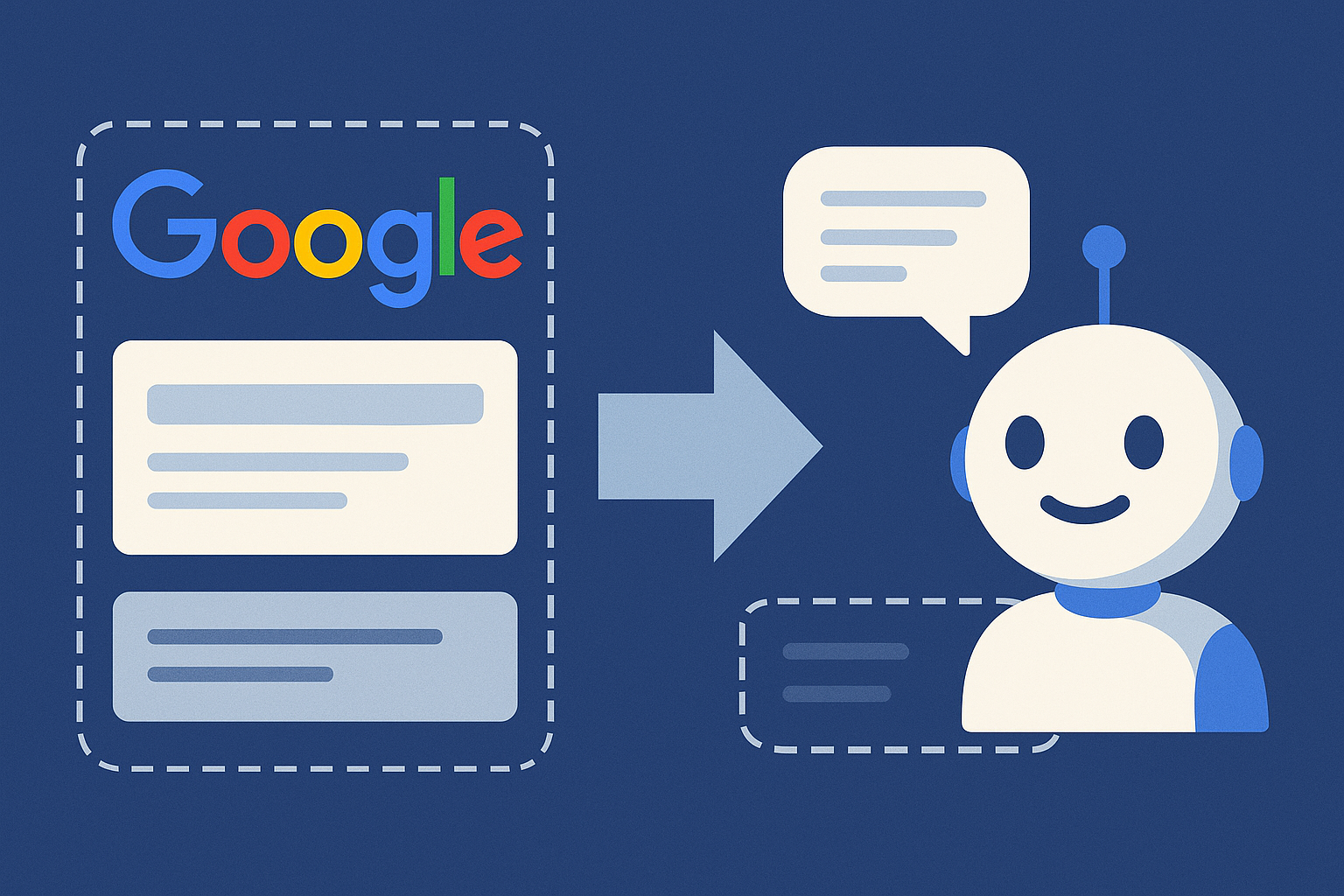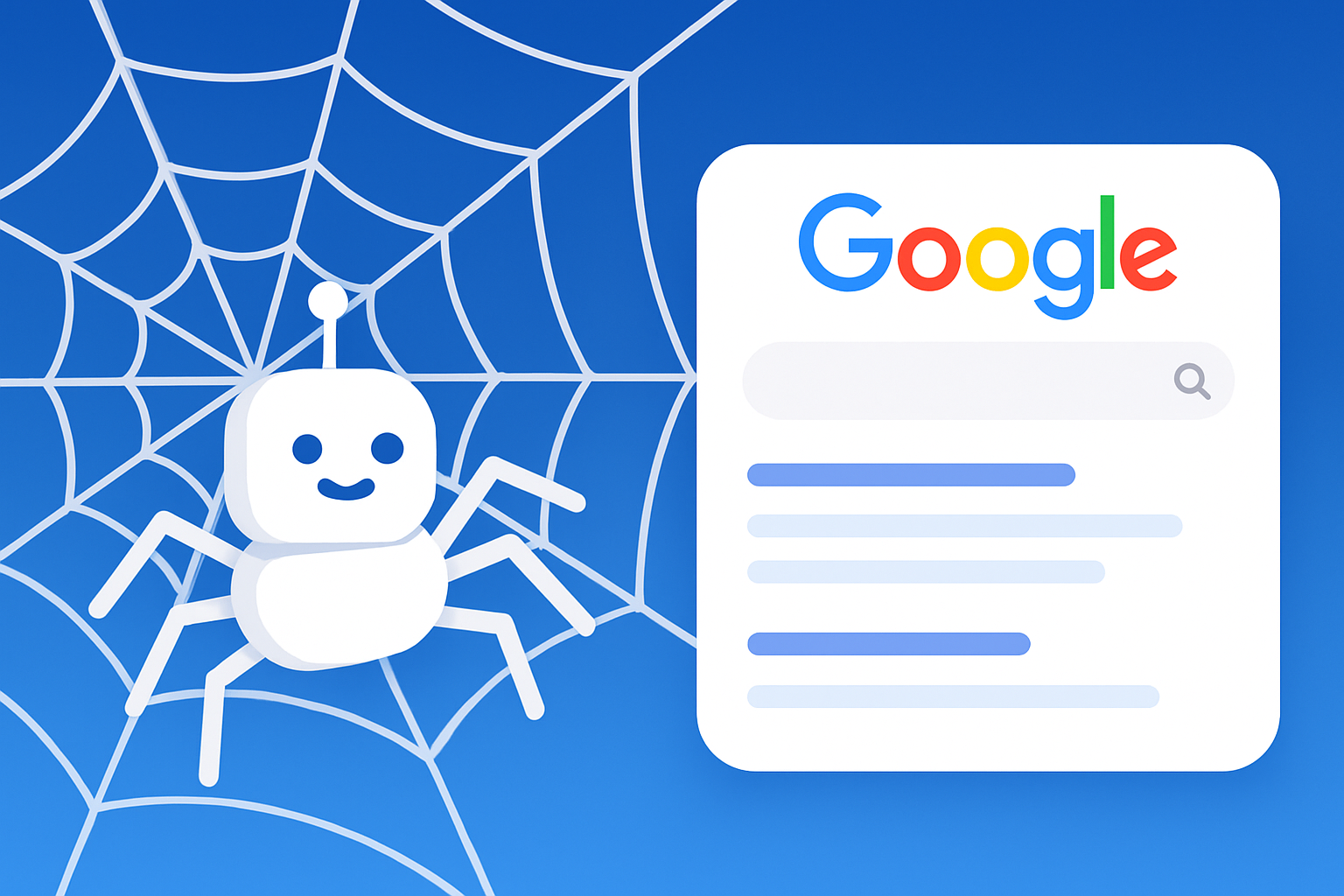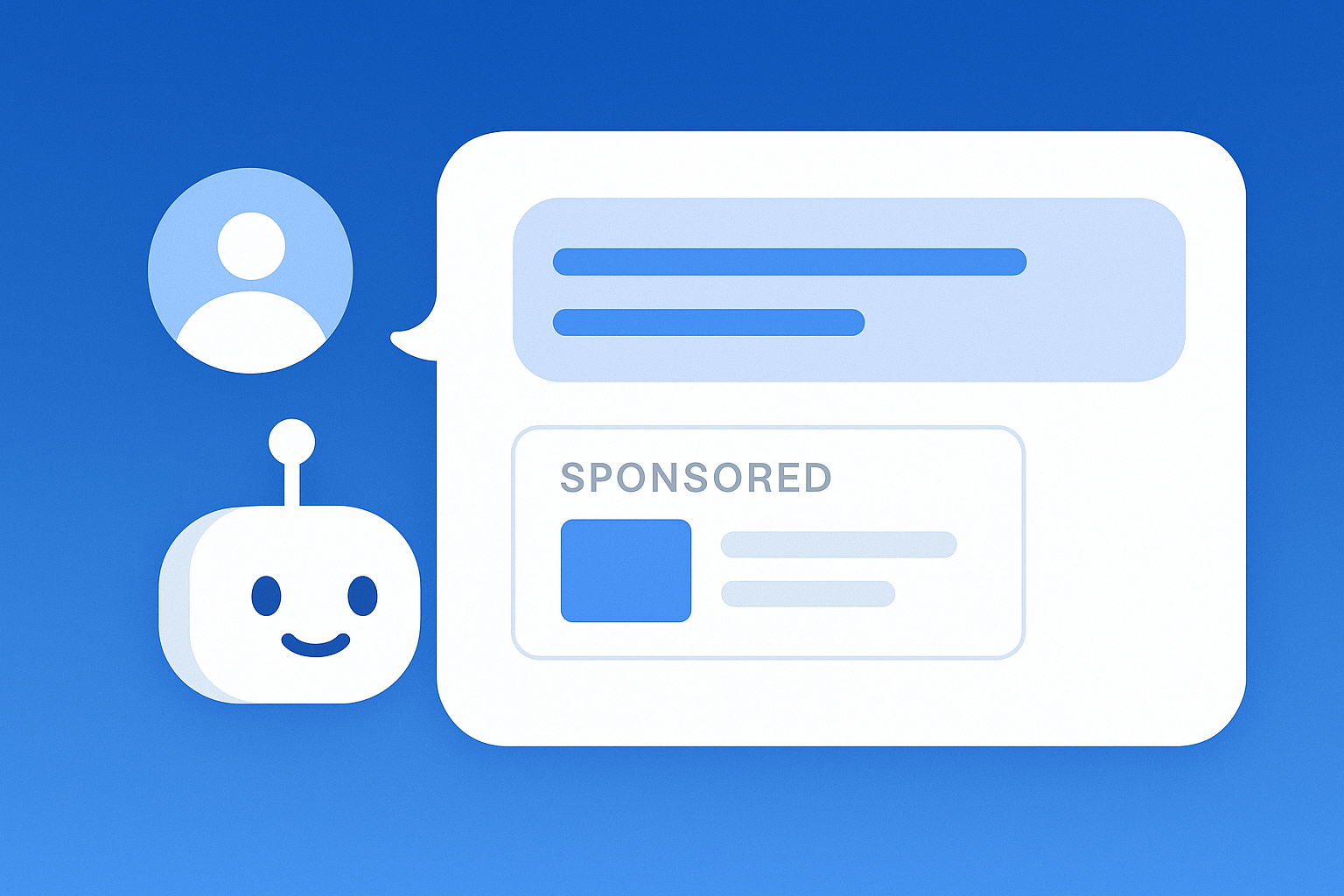Google’s SGE Gamble | 매거진에 참여하세요
Google’s SGE Gamble
#google #search #ai #impression #competitio #ad #gemini
How AI Search, Forced Crawling, and Gemini Ads Are Reshaping the Internet
For over two decades, Google has been the undisputed king of search
—owning more than 90% of the global search engine market and turning its search result pages into one of the most profitable advertising platforms in history.
But cracks are starting to show.
The AI Search Disruption: Why Google Is Rethinking Everything
When OpenAI launched ChatGPT in late 2022,
it wasn’t just another cool tech demo—it was a direct challenge to the traditional search experience.
Users no longer wanted a list of links.
They wanted answers.
This shift gave rise to real-time AI search startups like Perplexity.ai,
which offered direct, conversational summaries. Suddenly, Google’s core model—search ➝ click ➝ ad revenue—was under threat.
To respond, Google unveiled SGE (Search Generative Experience)—a bold experiment blending traditional search with generative AI.

What Is SGE, Really?
Instead of only showing a list of links, SGE presents a neatly summarized AI answer at the top of the results page.
Below that, it adds links, citations, and follow-up questions.
It's essentially Google saying: “We’ll still help you explore—but here’s the answer first.”
Here’s how it compares:
Aspect | Traditional Google Search | SGE (Search Generative Experience) |
|---|---|---|
Results Format | Link list | AI summary + links |
User Behavior | Click and explore | Read summary, click only if needed |
Keyword Optimization | Crucial | Contextual understanding matters more |
SEO Focus | Meta/Keyword optimization | Trustworthy, structured content needed |
Ad Placement | Above or within links | Shown below AI answers |
Why SGE Exists: Defense Mode, Activated
SGE isn’t about reinventing search—it’s about survival.
The AI summary feature was Google’s way of responding to a rapidly changing user behavior.
If people are no longer clicking on search results,
then Google’s multi-billion-dollar ad business is at risk.
So Google took a hybrid approach:
“Let’s give users AI-powered convenience, while still keeping them in the search ecosystem long enough to serve ads.”
But this compromise raises new challenges—especially for content creators and advertisers.
The SEO Fallout: When AI Eats the Internet
SGE’s ripple effect across the web could be massive. Here's what we’re already seeing:

- Declining Traffic: If the answer is already summarized, fewer users will click through.
- Reduced Brand Visibility: AI may strip away nuance, branding, or author attribution.
- Ad Performance Risks: With AI summaries appearing above ads, CTRs could suffer.
- New SEO Rules: The game shifts from keyword-stuffing to building AI-trustworthy content.
In short, websites that fail to become a reliable source for AI summaries may disappear from the surface of the web.
The Forced Crawling Controversy: Opt-In or Cornered?
To power AI summaries, Google needs access to real-time, high-quality content.
But here's the dilemma: websites can’t easily opt out of AI training without losing visibility in search.
Previously, publishers could block Google’s AI bot with a simple directive.
But now, Google appears to be merging or linking bots
“If you want to show up in search, your content must be usable for AI training too.”
This effectively removes a creator’s ability to allow indexing while refusing AI use
—a legal and ethical gray zone that’s already sparking lawsuits in the U.S. and EU.

Enter Gemini: Google's Second Front in the AI Ad War
While SGE tackles the search battlefield, Google’s Gemini (formerly Bard) is waging war on another front: conversational AI.
Gemini allows users to ask questions in natural language and receive multi-turn responses—a direct rival to ChatGPT.
But here’s the twist: Google is testing ads inside Gemini conversations.
Imagine asking, “Where should I go in Seoul this weekend?” and Gemini responds with:
- A helpful itinerary
- A sponsored hotel booking
- A promoted flight option
It’s not just search ads reimagined—it’s invisible advertising baked into AI dialogue.
What’s at Stake?
Google is trying to walk a tightrope:
- Keep users engaged with more natural, AI-powered interfaces
- Defend its ad empire from collapsing
- Avoid mass defection by content creators
- Navigate legal risks around data ownership and AI training
But if Gemini and SGE blur the lines between useful information and sponsored content,
user trust could erode. And that’s a cost no tech giant can afford.

So… Who Really Controls the Future of Search?
Not Google. Not entirely.
- Users will decide if they truly prefer summarized answers over search exploration.
- Content creators will decide whether to stay open or retreat behind paywalls.
- Governments and courts will decide how AI is allowed to use public data.
Google’s AI-powered search reinvention is more than a product update.
It’s a grand experiment in rebuilding the web’s economic engine.
And right now, we’re all part of the test.
Search trends powered by bunzee.ai






